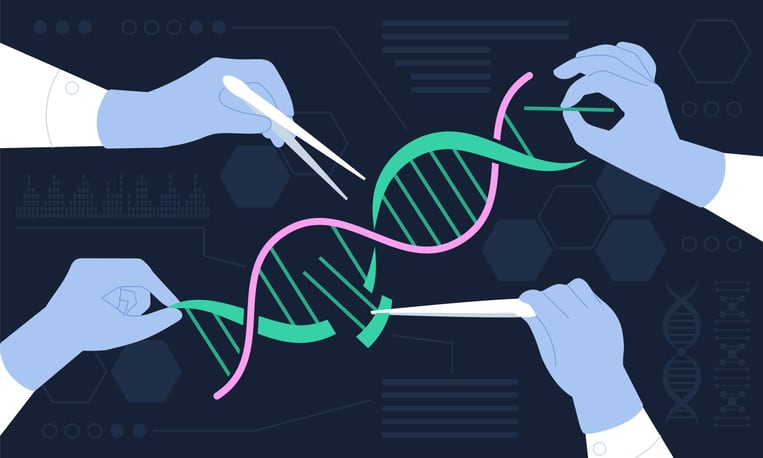In the final guidance, ‘Foods Derived from Plants Produced Using Genome Editing,’ published late last month, FDA “essentially doubled down on its really good policy statement” in its New Plant Variety policy (NVP) from 1992 that said safety is based on the characteristics of a food rather than on the method used to create it, said ArentFox Schiff Partner and FDA Practice Leader Karen Ellis Carr.
As such, the agency “is going to be focused on the types of products and what the products are and if there are changes to nutrition or other material changes to the plant” used to produce the food, she told attendees at the Food Policy Impact Summit hosted late last month by the Institute of Food Technologists’ Washington, DC, section.
NPV policy is ‘sufficiently flexible to accommodate foods from new plant varieties’
The guidance comes almost seven years after FDA requested data about genetically engineered plants and incorporates insights from the more than 580 comments it received in response, as well as its experience evaluating more than 200 new plant varieties since it published the NPV policy.
Based on its review, FDA determined in the guidance that the NPV policy is “sufficiently flexible to accommodate foods from new plant varieties developed using a wide range of techniques.” But, it added, developers are required to label when a food containing an ingredient or protein that is or was derived from a ‘major food allergen.”
Two paths for voluntary premarket notificaiton
The new guidance also introduces a second premarket notification pathway for foods from GE plants.
Now developers can choose a premarket meeting in addition to the premarket consultation outlined in the NVP depending on the extent of safety risks raised by the GE plant.
According to FDA, developers should continue to engage in a voluntary premarket consultation for higher risk foods and GE plants, including when:
- Modifications to endogenous genes create “significance homology to a known allergen” or a toxin that is know to impact human or animal health;
- Modifications increase potentially harmful components beyond ‘non-negligible’ levels;
- Modifications change the nutritional value beyond non-negligible levels;
- Modifications introduce a new gene or genetic material that does not occur in the species or copies of endogenous genes are retained in the genome once GE is complete.
For other modifications that FDA considers less risky, the agency indicates that developers can instead join FDA for a voluntary premarket meeting, during which developers should describe the safety characteristics of the food and explain how they can ensure the food is safe and lawful.
In creating a second voluntary premarket review pathway, FDA said it believes bringing to market foods from genome-edited plants will be easier in compliance with Executive Oder 14081, Advancing Biomanufacturing and Biotechnology Innovation for a Sustainable, Safe and Secure Bioeconomy.
While the guidance is final, the agency is accepting comments to docket number FDA-2019-D-4658.


